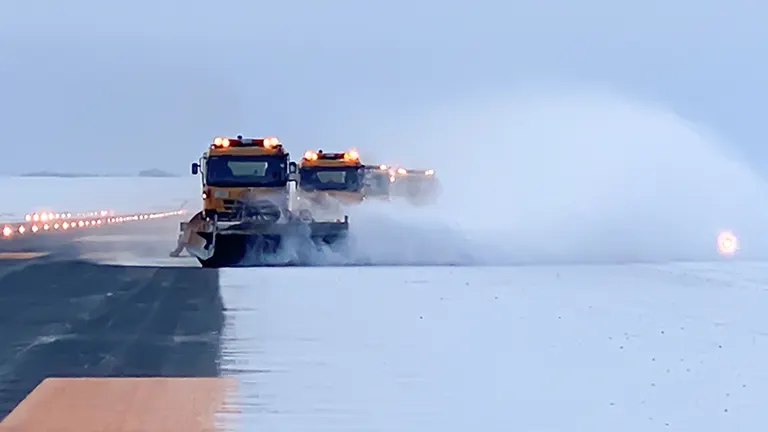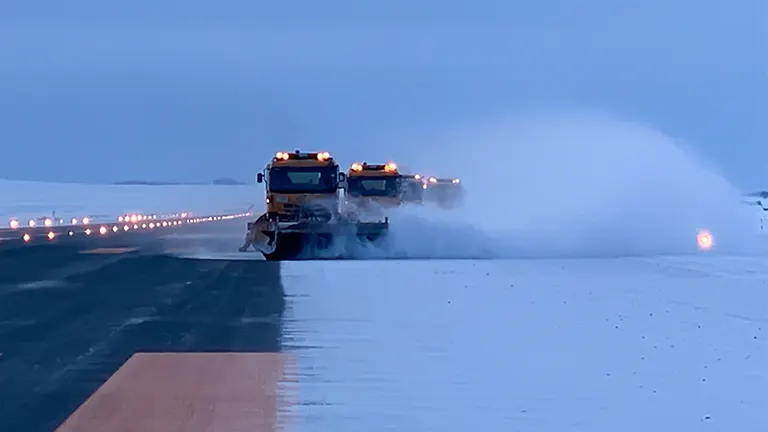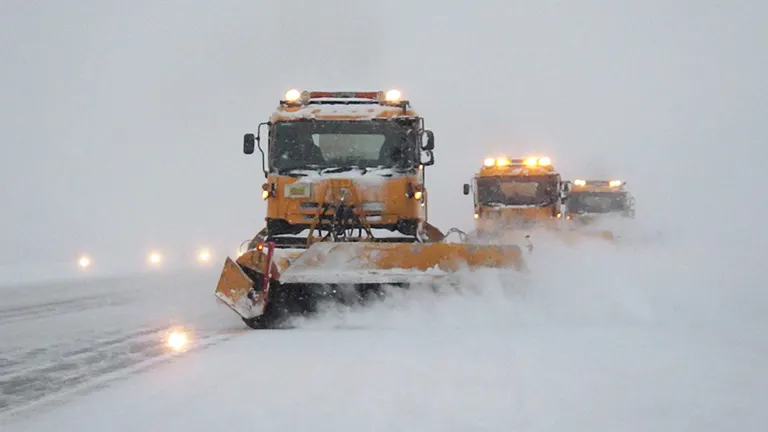
ARTICLES
How Local Farmers Became Winter Heroes at Asahikawa Airport! The Secret to Conquering Snow
Asahikawa Airport serves as the aerial gateway to the heart of Hokkaido. Located in a heavy snowfall region with an average annual snowfall of over 550cm—more than double that of Chitose City, home to New Chitose Airport—it boasts an astonishingly high on-time performance rate of 99% (as of 2019). How does Asahikawa Airport manage to be so resilient against the snow? The secret lies with a special group of people who support the airport during the winter.
The Key Players are Local Farmers! The "WAX WINGS" Snow Removal Team Supporting the Airport
In winter, flight cancellations due to adverse weather like blizzards and heavy snow are an unavoidable part of air travel in Hokkaido. Amidst these conditions, Asahikawa Airport's ability to maintain a high service rate is thanks to its thorough runway snow removal system. This system is upheld by a snow removal team called the "WAX WINGS."
Surprisingly, all members of "WAX WINGS" are local farmers. Farmers from the nearby towns of Higashikagura, Higashikawa, Biei, and the city of Asahikawa come together to form this elite snow removal team, active only during the winter. With their expert skills and teamwork, they clear the vast 2,500-meter runway, ensuring safe flight operations.
We Wanted to Know More! An Interview About "WAX WINGS"
So, what exactly does the work of "WAX WINGS" entail? We spoke with Mr. Eita Sakai from the Asahikawa Airport Office of Hokkaido Airports Co., Ltd., which operates Asahikawa Airport.






The runway's black surface emerges as the pure white snow is cleared away.
The Passion and Professionalism of the "WAX WINGS" Members
We also received comments from the "WAX WINGS" members themselves about their passion for their work.

Behind the ability to enjoy safe air travel even in heavy snow lies the passionate dedication and thorough professionalism of these team members.
- 1
- 2











